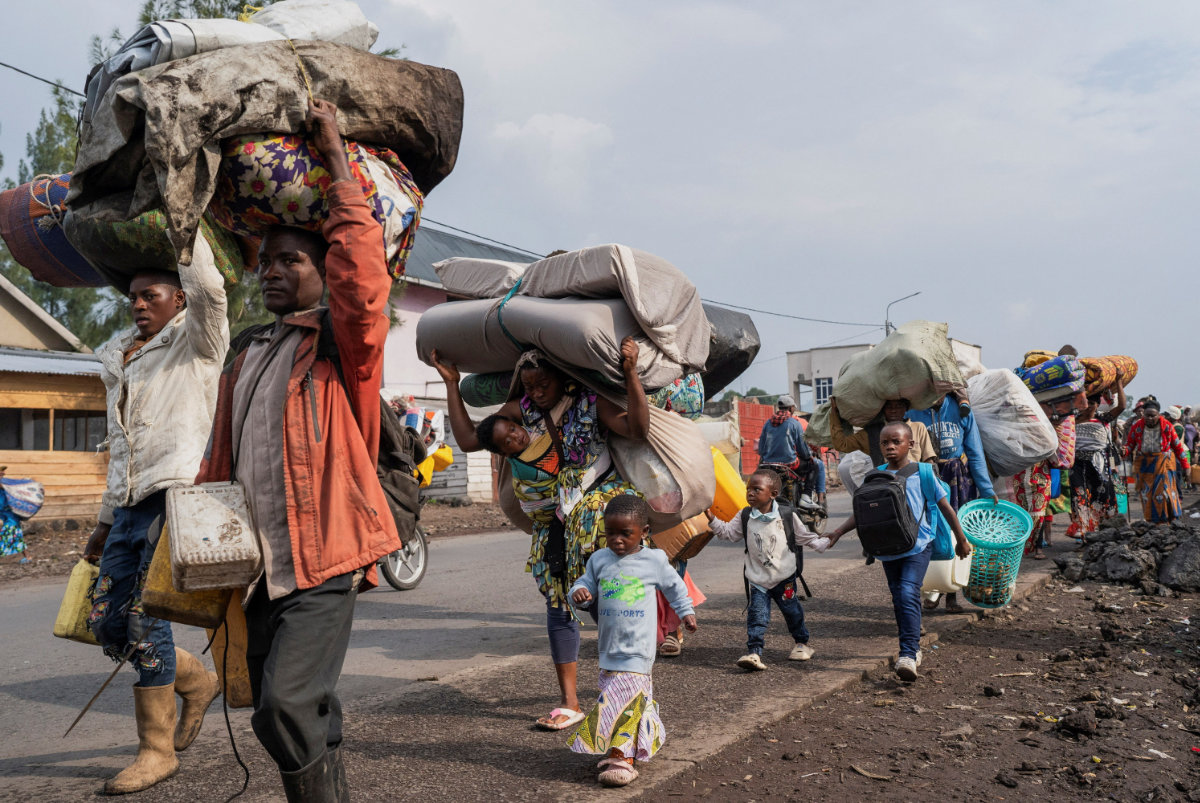BANGKOK: Results of Thailand’s first election since the 2014 coup were expected to trickle out Monday, with the junta primed to retain its grip on power after a vote that saw its main rival diminished, but vaulted a new pro-democracy force into the kingdom’s politics.
The Election Commission delayed without explanation a full announcement of preliminary results on Sunday night as a blizzard of complaints mounted over apparent mistakes in the count and possible irregularities at the polls.
Nearly 1.9 million votes had been invalidated with 93 percent of votes tallied, the EC said late Sunday. Earlier counts showed that in a handful of provinces more than half the ballots cast were invalidated.
Sunday’s election — seen as a referendum on the military — was held under new rules written by the junta to ease its transformation into a civilian government.
Despite that headstart, analysts had not expected the army-linked Phalang Pracharat party to win the popular vote, given anger at junta rule and the enduring popularity of Pheu Thai — the party of ex-premier Thaksin Shinawatra.
But as initial figures dribbled out, Phalang Pracharat — with 2014 coup leader Prayut Chan-O-Cha as its candidate for prime minister — edged into a clear lead, racking up more than 7.6 million votes with more than 90 percent of ballots tallied.
“This will give them... popular legitimacy and more credibility,” Thitinan Pongsudhirak, a political scientist at Bangkok’s Chulalongkorn University, told AFP.
Phalang Pracharat had nearly half a million more votes than Pheu Thai, despite the track record of Thaksin whose parties have won every vote since 2001, drawing on loyalty from the rural and urban poor.
That should propel Prayut’s party to the 126 lower house seats it needs to secure a parliamentary majority, in combination with a 250-seat upper house Senate that is appointed by the junta.
Shock gripped the pro-democracy camp, which had hoped to harness widespread anti-junta sentiment.
Thaksin, the self-exiled billionaire ex-cop turned-Thai premier, who is at the crux of Thailand’s political breakdown, reached out to supporters as the results tipped against his Pheu Thai party.
“As long as we still have breath, we cannot give up,” he said in a Facebook post on Monday.
Prospects of an anti-junta coalition squeezing into power began to evaporate late Sunday.
The Election Commission has said it will finalize the results by May 9.
But questions over the count have billowed out, with social media ablaze with allegations of vote buying, mass invalidation of electoral cards and bungling by polling staff across the country.
About 400,000 people signed a change.org petition to dissolve the commission.
Three candidates from the junta’s Phalang Pracharat were the first to file petitions for a recount after losing in their constituencies.
More disputes are expected across the political spectrum.
Turnout was also 64 percent, much lower than forecasts.
A coordinator for Thailand-based election monitor We Watch said that voter education was “really insufficient” for the first election in eight years.
Voters were, for example, confused about “how to make the ballot valid, how to mark the ballot,” We Watch’s Chompunut Chalieobun said.
Chompunut also said many monitors were blocked from accessing polling stations.
Election night hoisted a new, youth-focused political party with vigorous anti-junta positions — Future Forward party — onto the Thai political stage.
Led by telegenic billionaire Thanathorn Juangroongruangkit, it took more than five million votes, which could make it Thailand’s third-biggest party.
And on the eve of the poll, Thailand’s King Maha Vajiralongkorn issued a cryptic statement urging people to support “good” leaders against those who create “chaos.”
Another royal command in February torpedoed the candidacy of the king’s elder sister Princess Ubolratana for prime minister via a party linked to Thaksin.
Thaksin was ousted in a 2006 coup, and has lived in self-exile since 2008. The administration of his sister Yingluck was also the victim of a 2014 power grab by the military.
The Shinawatra-aligned Pheu Thai party has vowed to accept the results but said it needed more “clarity” on the outcome before it took a stance.





























